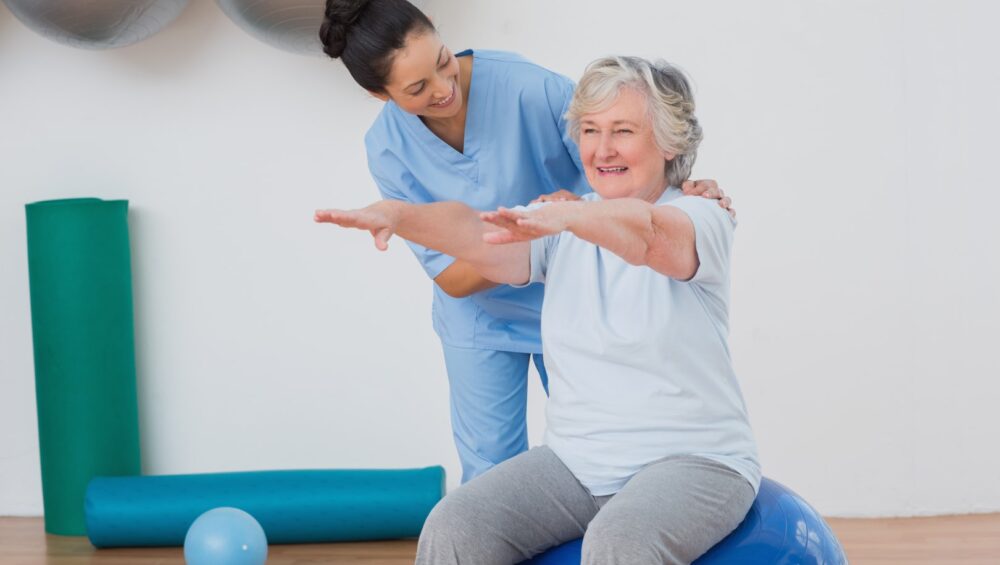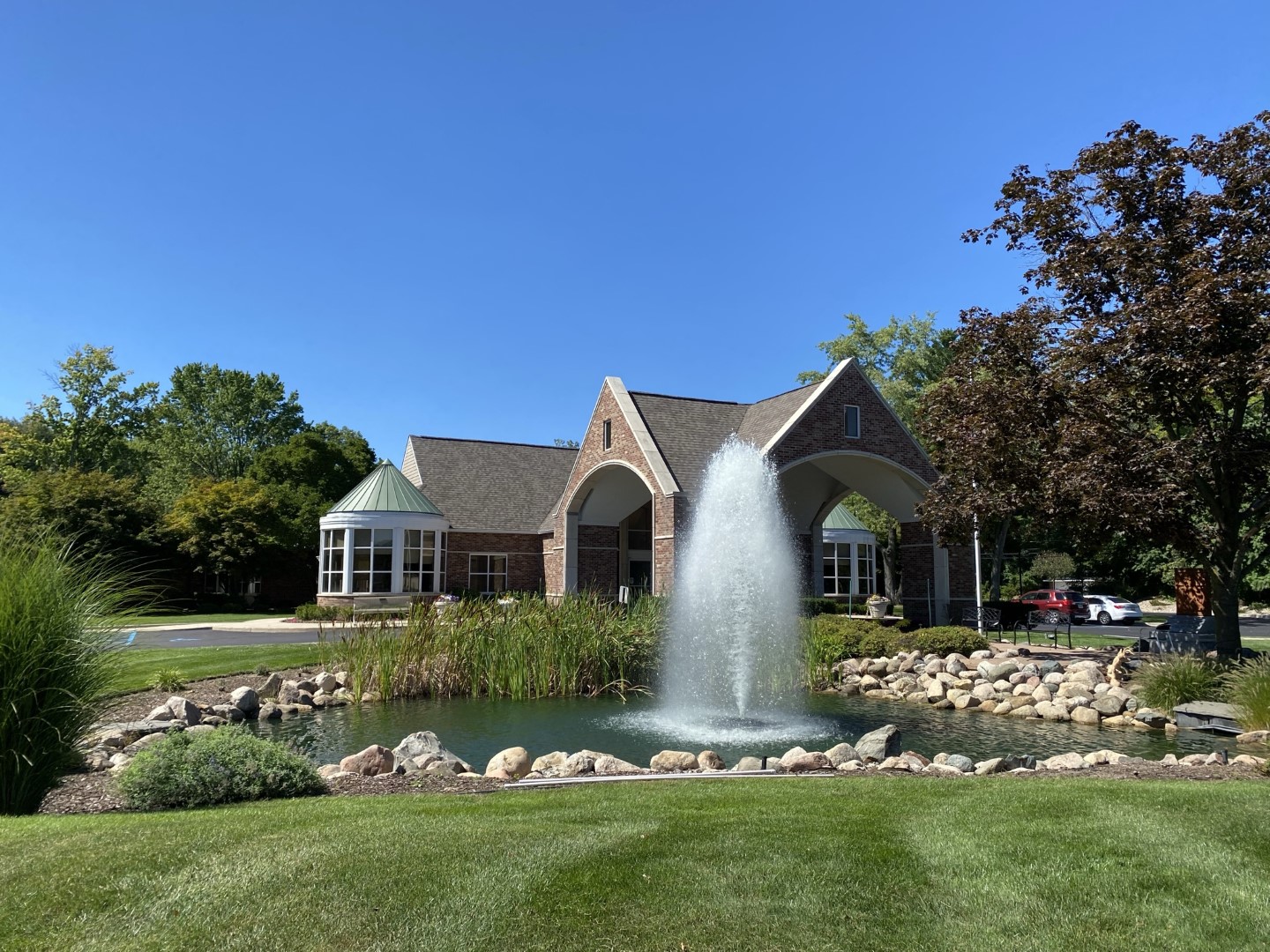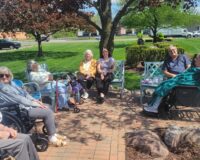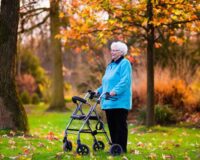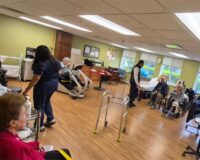Physical activity is vital for seniors, as it can improve their health, mood, and quality of life. However, staying active can be challenging in the winter months, when the weather is cold, snowy, or icy. Many seniors may prefer to stay indoors and avoid the risks of falling, freezing, or getting sick. However, there are still some ways for seniors to enjoy the winter season and keep their bodies and minds healthy. Here are some of the best winter activities for seniors to stay active and healthy, especially for those who are wheelchair-bound or have limited mobility:
- Indoor Walking. Walking is one of the simplest and most effective forms of exercise for seniors, as it can strengthen their muscles, bones, and joints; improve their balance and coordination; and reduce their blood pressure and cholesterol. Walking can also boost their mood and cognitive function, as it can increase their oxygen and blood flow to the brain. Seniors can walk indoors in various places, such as malls, museums, libraries, or senior centers. They can also use a treadmill, a walker, or a wheelchair to walk indoors. Indoor walking can be done at any pace and for any duration, depending on the seniors’ abilities and preferences.
- Chair Exercises. Chair exercises are another great way for seniors to stay fit and flexible in the winter months, without leaving their homes or chairs. Chair exercises can target different parts of the body, such as the arms, legs, back, chest, or abdomen. They can also improve the seniors’ posture, breathing, and circulation. Chair exercises can include movements such as lifting weights, stretching bands, kicking legs, raising arms, twisting torso, or bending knees. Chair exercises can be done with or without equipment, such as dumbbells, resistance bands, or balls. Chair exercises can be done at any intensity and for any frequency, depending on the seniors’ abilities and goals.
- Yoga. Yoga is a holistic practice that can benefit seniors’ physical, mental, and spiritual well-being. Yoga can improve their flexibility, mobility, strength, and balance; reduce their stress, anxiety, and depression; and enhance their awareness, concentration, and memory. Yoga can also help them cope with chronic pain or illness, such as arthritis or diabetes. Yoga can be done indoors or outdoors in various settings such as studios, parks, or homes. Yoga can also be adapted to different levels of difficulty, such as gentle, restorative, or chair yoga. Yoga can be done with or without props, such as mats, blocks, or straps. Yoga can be done at any time and for any duration, depending on the seniors’ abilities and interests.
- Dancing. Dancing is a fun and social activity that can keep seniors active and happy in the winter months. Dancing can improve their cardiovascular health, muscle tone, and bone density; increase their endorphins, serotonin, and dopamine ; and stimulate their creativity, expression, and communication. Dancing can also help them prevent or delay cognitive decline, such as Alzheimer’s disease or dementia. Dancing can be done indoors or outdoors in various venues such as clubs, halls, or homes. Dancing can also be performed to different styles of music, such as ballroom, swing, or salsa. Dancing can be done with or without partners, such as friends, family, or instructors. Dancing can be done at any speed and for any length, depending on the seniors’ abilities and preferences.
These are some of the best indoor winter activities for seniors to stay active and healthy, especially for those who are wheelchair-bound or have limited mobility. By doing these activities, seniors can enjoy the winter season and keep their bodies and minds healthy. Staying active in the winter months can be a great way to embrace the season and appreciate its beauty.
Stay active and healthy this winter! ❄️👍🏃♂️

